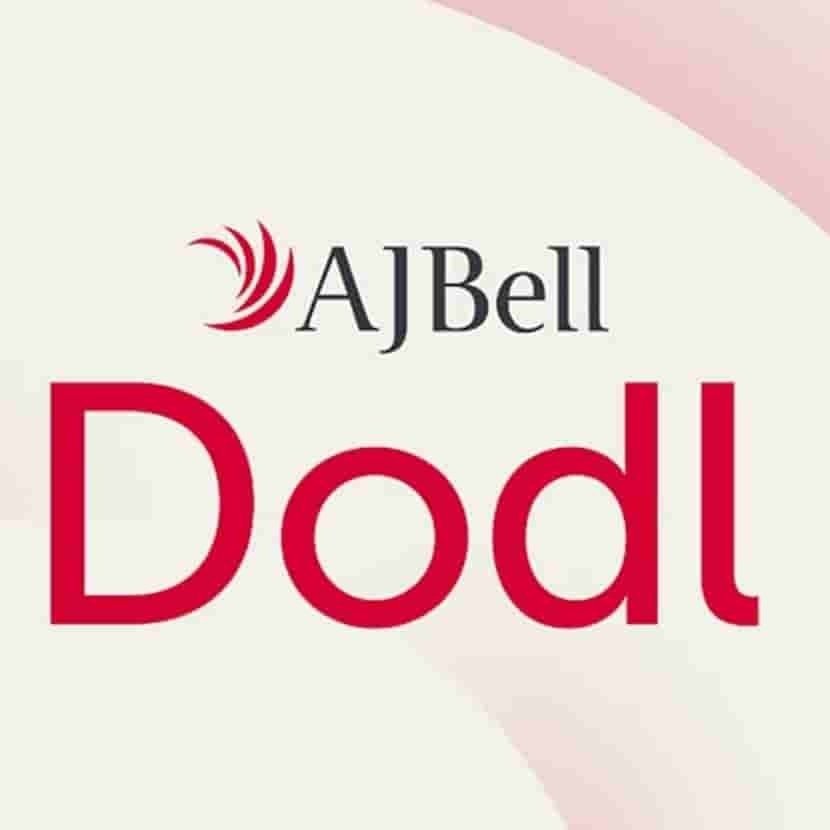UK Side Hustle Tax: Everything You Need to Know & How to Calculate What You Owe
Table of Contents
As more and more people in the UK turn to side hustles to supplement their income, understanding how much tax you'll owe on your side hustle earnings is crucial. Whether you’re earning a bit extra from freelance work, a small business, or other side gigs, there are important tax rules you need to be aware of. In this guide, we’ll explain everything you need to know about side hustle tax in the UK and how to calculate what you owe.
What is a Side Hustle?
A side hustle is any form of work you do outside of your main job to make extra money. This could include freelance work, selling products online, tutoring, or offering services like dog walking or photography. The key point is that you’re earning additional income in a way that isn’t tied to your main employment.
In the UK, if you’re making money from a side hustle, you need to understand how tax and National Insurance contributions (NIC) work, even if you have a full-time job or are self-employed.
Do You Need to Pay Tax on Your Side Hustle?
Yes, you need to pay tax on any earnings from your side hustle that exceed a certain threshold. The good news is that you have a £1,000 trading allowance that allows you to earn up to £1,000 from side hustle activities without paying tax or National Insurance on that income.
If your side hustle income is above £1,000, then you'll need to pay tax and possibly National Insurance contributions, depending on the amount you earn. You can deduct any costs or expenses incurred to generate your side hustle income, such as materials, travel, or advertising, to reduce your taxable profit.
How Much Tax Will You Pay on Your Side Hustle?
When calculating how much tax you’ll need to pay on your side hustle income, the process will depend on a few factors:
Trading Allowance: The first £1,000 of your side hustle income is tax-free. This means if you earn £1,000 or less from your side hustle in a tax year, you don’t have to pay tax on it at all. If you earn more than £1,000, the tax applies only to the income above this threshold.
Income Tax Bands: The income tax you pay depends on how much you earn in total, including both your main job and side hustle earnings. Here's a breakdown of the current income tax bands for the 2024/25 tax year:
Personal Allowance: The first £12,570 of your total income is tax-free. If your total income (from both your main job and side hustle) is below £12,570, you won’t owe any income tax.
Basic Rate: For income between £12,570 and £50,270, you’ll pay 20% tax.
Higher Rate: For income between £50,270 and £150,000, you’ll pay 40% tax.
Additional Rate: For income over £150,000, you’ll pay 45% tax.
National Insurance Contributions (NIC): National Insurance is also important to consider. You’ll need to pay Class 2 or Class 4 NIC depending on how much you earn from your side hustle:
Class 2 NIC: If your net side hustle income is £6,725 or more, you’ll pay £3.45 per week as Class 2 NIC.
Class 4 NIC: If your side hustle income exceeds £12,570, you’ll need to pay 9% NIC on income between £12,570 and £50,270, and 2% on any income above £50,270.
How to Calculate Tax on Your Side Hustle Earnings
Let’s break down a practical example to help you understand how tax and National Insurance work.
Example 1: Side Hustle Earnings of £1,500
Side Hustle Income: £1,500
Trading Allowance: £1,000 (Tax-free)
Taxable Income: £1,500 - £1,000 = £500
Now, let’s say you already earn £20,000 from your full-time job.
Total Income: £20,000 (salary) + £500 (taxable side hustle income) = £20,500
Personal Allowance: £12,570 (you can subtract this from your total income)
Taxable Income: £20,500 - £12,570 = £7,930
Income Tax: £7,930 * 20% = £1,586
National Insurance: No NIC is due on the side hustle income since it's below the £12,570 threshold.
Example 2: Side Hustle Earnings of £5,000
Side Hustle Income: £5,000
Trading Allowance: £1,000 (Tax-free)
Taxable Side Hustle Income: £5,000 - £1,000 = £4,000
If your salary is £40,000:
Total Income: £40,000 (salary) + £4,000 (side hustle) = £44,000
Personal Allowance: £12,570
Taxable Income: £44,000 - £12,570 = £31,430
Income Tax:
20% on the first £31,430 = £6,286
National Insurance:
NIC applies to the income between £12,570 and £44,000 (i.e. £31,430).
8% of £31,430 = £2,514.40
How to Avoid Overpaying Tax on Your Side Hustle
Keep Track of Your Expenses: If you have any costs related to your side hustle (for example, business-related equipment, travel, or advertising), you can subtract these expenses from your side hustle income before calculating your tax liability. This will reduce your taxable income.
Use the Trading Allowance: Make sure you’re aware of the £1,000 trading allowance and ensure it’s factored into your calculations. This is a great way to reduce your taxable income.
Do You Need to Register for Self-Assessment?
If your side hustle income exceeds £1,000 (after the trading allowance), you’ll need to register for Self-Assessment with HMRC. This will allow you to submit an annual tax return detailing all of your income, including your salary and side hustle earnings, and to calculate how much tax you owe.
You can register for Self-Assessment through your Government Gateway account. Make sure to do this before the 5th of October following the end of the tax year in which you earned the income.
Key Takeaways
£1,000 trading allowance means you don’t pay tax or National Insurance on the first £1,000 of side hustle income.
You need to pay income tax and National Insurance on earnings above the £1,000 threshold.
National Insurance is 8% on income between £12,570 and £50,270.
If your side hustle income exceeds £1,000, you’ll need to register for Self-Assessment to declare your income.
Understanding the tax implications of your side hustle will help you stay compliant and avoid any surprises when it’s time to pay your tax bill. If you're unsure about your specific situation, it’s always a good idea to speak to a tax advisor or accountant who can provide tailored advice.
































CLAIM NOW